 Thérèse Mayé Diouf Ba is a socio linguist and public health professional. She has over 20 years experience working in the health sector.
Thérèse Mayé Diouf Ba is a socio linguist and public health professional. She has over 20 years experience working in the health sector.
Thérèse’s positions have ranged from medical anthropologist researcher, public health program manager to senior project leader with a focus on high-level advocacy for women’s health and rights. Her work focuses on women’s and child health: maternal mortality, malaria, adolescent sexual and reproductive health, and family planning.
What are you most proud of?
My professional journey is something I am quite proud of; for someone who studied English linguistics, being a health professional is a dream come true. Nothing predicted my being a health professional: I strongly fought to become one despite the barriers. I had to go back to university to pursue a masters degree in Population, Development and Reproductive Health, and later on in public health.
I am also proud of the education I received; the convictions and principles that made me strongly believe that I could touch my dreams and work on the passions that I had from childhood: health – reproductive health essentially. Those same convictions and principles made me step out into the global health arena and focus on something more grassroots oriented, to more directly impact the health of women and girls. This led me to set up and self-fund an NGO that links agriculture (another passion) and Sexual Reproductive health and rights.
Which one thing do you wish you had done differently?
I wish I had listened to my inner self much earlier and started the work I am doing now with, and for, adolescent girls and their mothers.
What are some of the biggest challenges you have faced? How did you overcome them? What are some of the lessons learnt?
As I said earlier, I started my career as a medical anthropologist doing research in rural areas on maternal mortality, malaria, and so on. My main challenge was to fit into a public health field where things were being controlled, seen, and analyzed mainly from a medical point of view. Having the right skills, self-confidence, and esteem has been essential to overcome obstacles and be listened to.
I am also proud of the role that I have played in the lives of every patient I have been able to assist during my clinical years. I have done it whole-heartedly and I still become happy when I give or assist strangers randomly, as it comes naturally to me.
What are some of the opportunities you see for women in health on the African continent?
Opportunities do exist for women and girls in Africa that cannot be denied; the gender barriers are being slowly reduced. However, being a female senior or leader in Africa is still challenging for women.
What advice do you have for other women in health?
My advice for other women in health would be to be bold; not to be afraid to raise their voices; to be loud, if and when needed, so that they are heard and listened to. Despite the progress made over the years, the health sector remains very unequal in terms of gender balance, particularly as women move up higher in leadership and hold roles of responsibility. As one of our sister’s rightly pointed out recently “Being a woman in leadership is tough, but being a black African woman in leadership is not for the fainthearted.” That says it all!
These words of advice are the ones that I also provide to the adolescent girls that I am working with; to foster change, boost self-esteem and confidence in young girls who are our leaders of tomorrow.

Leave a Reply